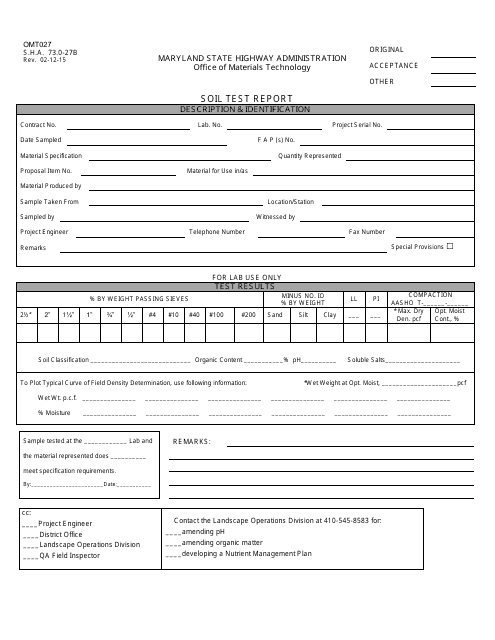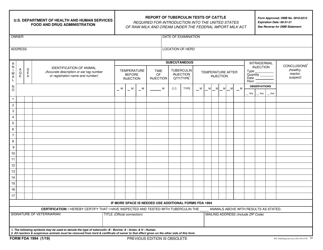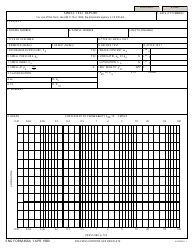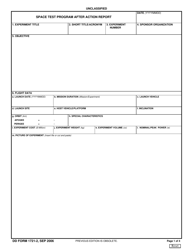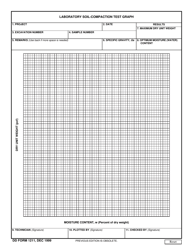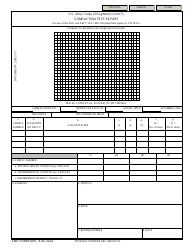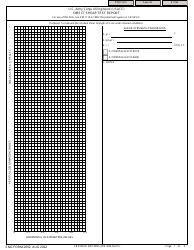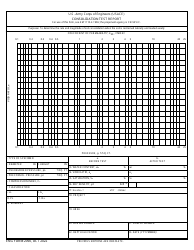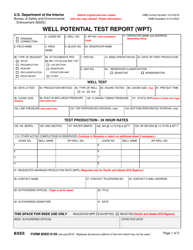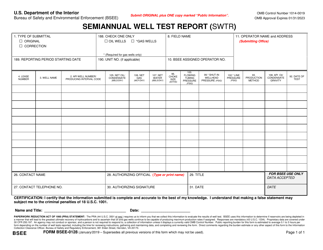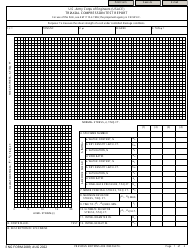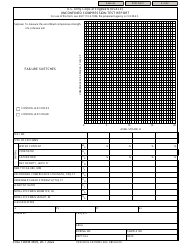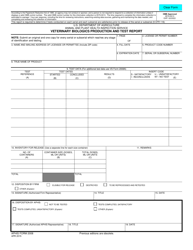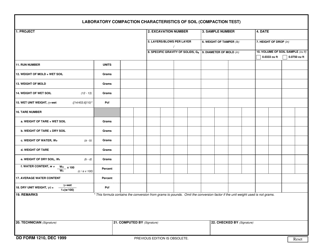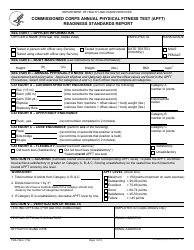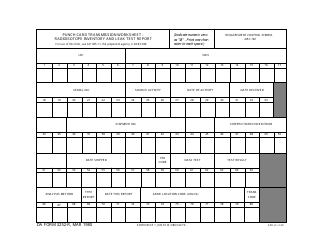Form OMT027 Soil Test Report - Maryland
What Is Form OMT027?
This is a legal form that was released by the Maryland Department of Transportation - a government authority operating within Maryland. As of today, no separate filing guidelines for the form are provided by the issuing department.
FAQ
Q: What is an OMT027 Soil Test Report?
A: The OMT027 Soil Test Report is a document that provides information about the soil composition and fertility levels in a particular area.
Q: Why is soil testing important?
A: Soil testing is important because it helps determine the nutrient content and pH level of the soil, which in turn helps in determining the necessary amendments and fertilizers needed for optimum plant growth.
Q: What information does the OMT027 Soil Test Report contain?
A: The OMT027 Soil Test Report contains information about the soil's pH level, organic matter content, nutrient levels (such as nitrogen, phosphorus, and potassium), and recommendations for fertilizer application.
Q: How much does an OMT027 Soil Test Report cost?
A: The cost of an OMT027 Soil Test Report may vary depending on the specific laboratory or extension office. It is best to contact them directly to inquire about the cost.
Q: How long does it take to get an OMT027 Soil Test Report?
A: The turnaround time for an OMT027 Soil Test Report can vary depending on the laboratory or extension office. It is best to inquire about the estimated timeframe when submitting your soil sample.
Q: What can I do with the information from an OMT027 Soil Test Report?
A: The information from an OMT027 Soil Test Report can help you determine the appropriate fertilizers and amendments to use in order to improve soil fertility and optimize plant growth.
Q: Can I use an OMT027 Soil Test Report for gardening?
A: Yes, an OMT027 Soil Test Report can be used for gardening purposes to determine the nutrient needs of the soil and make informed decisions about fertilization.
Q: Can an OMT027 Soil Test Report be used for commercial farming?
A: Yes, an OMT027 Soil Test Report can be used for commercial farming to assess the fertility levels of the soil and develop a customized fertilization plan for maximum crop yield.
Q: How often should I get a soil test done?
A: It is generally recommended to get a soil test done every 2 to 3 years, or whenever there are noticeable changes in plant growth or soil quality.
Form Details:
- Released on February 12, 2015;
- The latest edition provided by the Maryland Department of Transportation;
- Easy to use and ready to print;
- Quick to customize;
- Compatible with most PDF-viewing applications;
- Fill out the form in our online filing application.
Download a printable version of Form OMT027 by clicking the link below or browse more documents and templates provided by the Maryland Department of Transportation.
